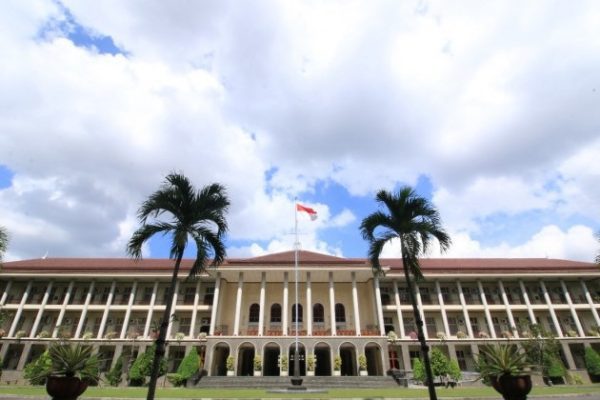Architecture and Engineering Professors Launch Research Hub to Advance Green Building and Planning in Asian Nations

Professor of Architecture Kyoung Hee Kim and Assistant Professor Weimin Wang in the Department of Engineering Technology and Construction Management have received a $300,000 grant from the U.S. Department of State to launch the “Green Buildings Innovation Program.” The three-year initiative will create an education and research hub to help train a new generation of Southeast Asian urban planners, architects, and engineers to improve the resiliency, carbon-neutrality, and environmental quality of the built environment.
The research fund supports an institutional collaboration that joins UNC Charlotte with counterparts in the Association of South-East Asian Nations (ASEAN) region to work together to advance green building and sustainable urban planning practices in ASEAN member states. Partnering institutions include Gadjah Mada University in Yogyakarta, Indonesia; Chulalongkorn University in Bangkok, Thailand; and Ho Chi Minh City University of Technology in Vietnam. Leading the effort at Gadjah Mada University is Alexander Rani Suryandono, a former student of Kim’s who received his Master of Architecture from UNC Charlotte in 2013.
“Buildings in ASEAN account for approximately 25% of the region’s total final energy consumption and energy-related CO2 emissions, which are projected to grow significantly with continued economic development, urbanization, and population growth,” the professors wrote in their project abstract. “It is important to rethink and improve the conventional methods in which cities and buildings are designed, built, retrofitted, and maintained.”
Project activities will be organized around the three supporting elements of capacity development: education & training, research collaboration, and knowledge sharing. Kim and Wang have already begun the work, surveying the curricula at the partner universities to determine nine educational modules:
- building life-cycle assessment
- circularity in the building sector
- carbon neutral design
- building resilience
- bioclimatic design
- sustainable facade design
- HVAC for tropical climates
- building integrated renewable energy systems
“Through this hub, we will develop the capacity in ASEAN to ensure there are sufficient skills and knowledge on various aspects of green buildings by training a new generation of urban planners, architects, and engineers in different disciplines,” the professors said.
Kim is the Director of the Integrated Design Research Lab (IDRL), an interdisciplinary research platform for integrating architectural design and innovative building technologies. She is a registered architect in the state of North Carolina and has practiced as both an architect and engineer. Her expertise lies in performance-based design, innovative building systems integration, and high-performance facades as a way to achieve a sustainable built environment. Wang teaches mechanical engineering technology, with research interests in modeling, analysis, and control of building systems; sustainable building design and operation; building grid integration; and smart campus and smart city technologies.
Pictured above: Gadjah Mada University in Yogyakarta, Indonesia, one of the ASEAN partner institutions.